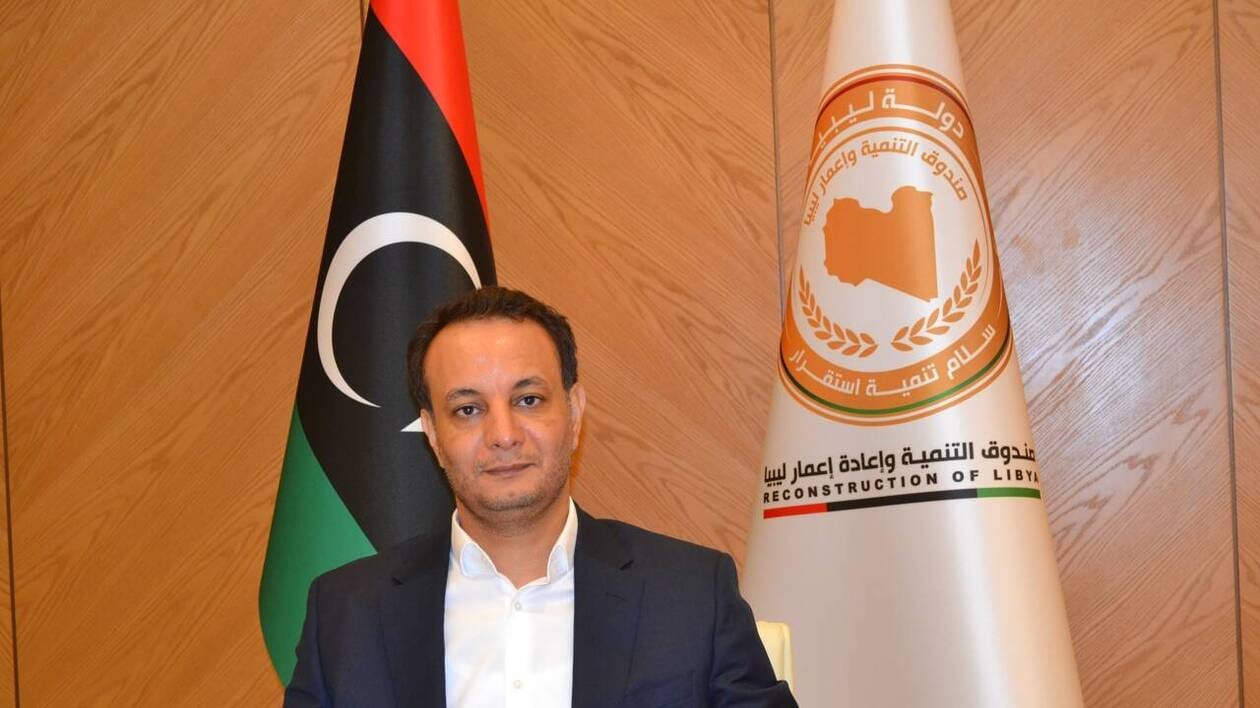
In a bold financial maneuver,Libya’s eastern-based authorities have fast-tracked the approval of a $12.7 billion infrastructure budget—framed as a national development drive,but widely viewed by analysts as a calculated step to consolidate control over oil revenue streams.
Overseen by Belgassim Haftar,son of military strongman Khalifa Haftar,the Development and Reconstruction Fund is positioned to channel massive capital flows into eastern projects—effectively bypassing the internationally recognized Government in Tripoli. While branded as a rebuilding effort,energy market stakeholders interpret this as a strategic pivot to legitimize eastern claims over oil-linked income and extend financial autonomy in a fractured state.
This budgetary move deepens Libya’s east-west economic divide and intensifies the governance crisis. Prime Minister Abdul Hamid Dbeibah’s administration has openly rejected the fund,warning that unchecked disbursement of such funds risks triggering monetary instability and enabling opaque financial practices. Simultaneously,113 lawmakers have contested the fund’s legal validity,citing procedural breaches and calling on Libya’s Central Bank to halt any transactions related to the allocation—underscoring a legislative rift that mirrors the wider institutional chaos.
From an energy investment standpoint,Libya’s latest fiscal rift presents a double-edged sword. While eastern ambitions hint at accelerated infrastructure spending—which could modernize export pathways and revive production capacity—the growing political brinkmanship threatens to destabilize oil flows critical to Mediterranean and European buyers. As the world recalibrates supply chains amid shifting geopolitical alliances,Libya’s internal budget battles could soon have cross-border repercussions,heightening the risk premium on North African crude.
United News - unews.co.za